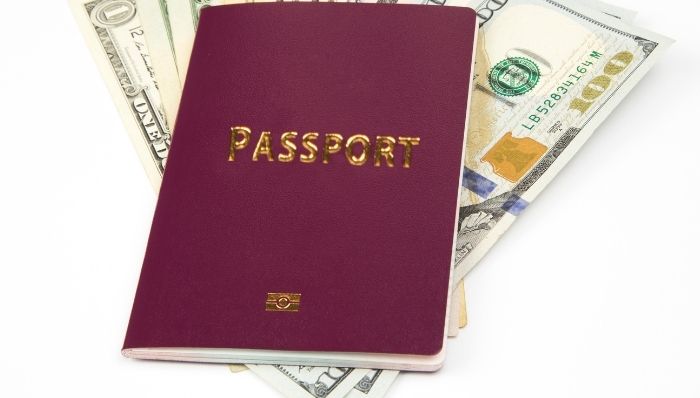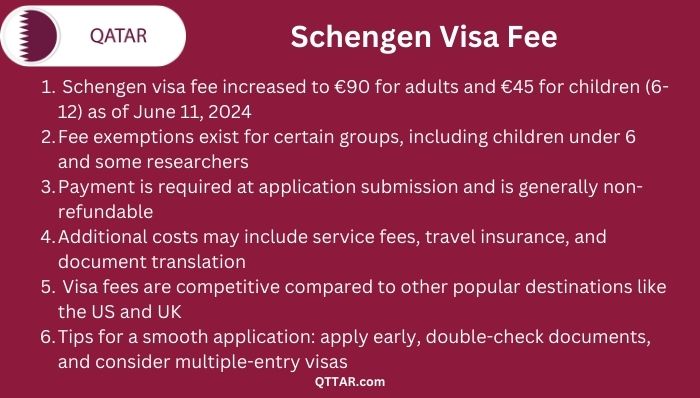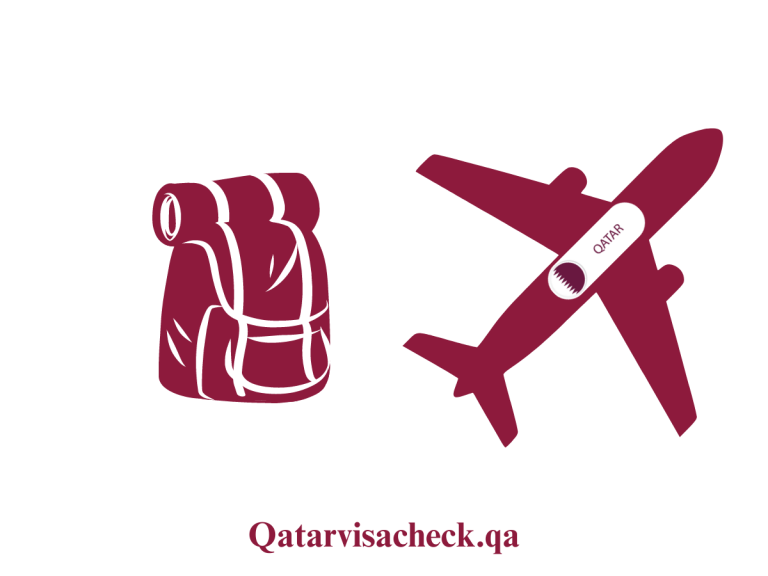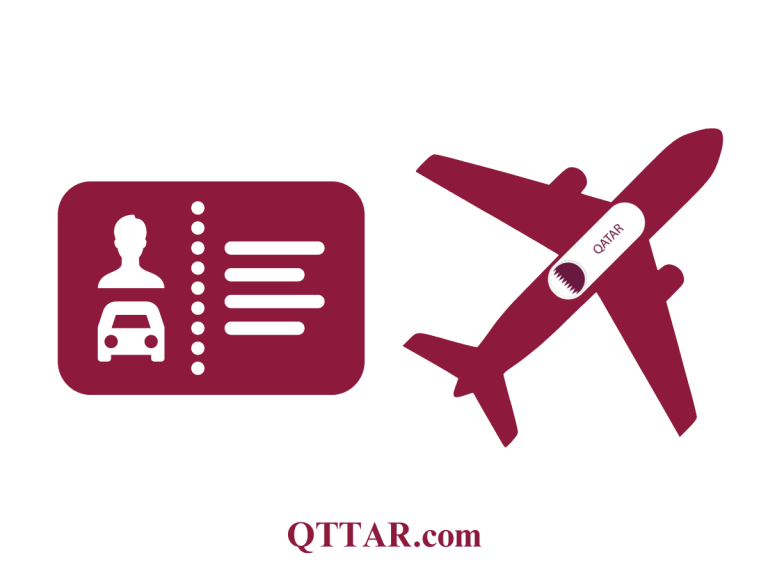Schengen Visa Fee 2025: Complete Guide & Tips for Travelers
The Schengen visa fee has increased to €90 (Approximately QAR 354) for adults and €45 (Approximately QAR 177) for children aged 6-12 as of June 11, 2024. This change affects all 29 Schengen Area countries, with some exceptions and exemptions available.
Understanding the Schengen Visa Fee Structure
The Schengen visa fee is a crucial aspect of the application process for those planning to visit the Schengen Area. As of June 11, 2024, the European Commission has implemented a 12.5% increase in the short-stay visa fees. This change affects millions of travelers worldwide who wish to explore the 29 Schengen countries.
Current Schengen Visa Fees
The updated Schengen visa fees are as follows:
- Adults (12 years and older): €90 (Approximately QAR 177)
- Children (6-12 years old): €45 (Approximately QAR 354)
- Children (under 6 years old): Free
These fees apply to all types of short-stay Schengen visas, regardless of the duration or number of entries granted. It’s important to note that the fee is charged in euros or the equivalent in local currency, depending on the country where you apply.
Fee Exemptions and Reductions
While the standard fees apply to most applicants, certain groups may be eligible for reduced fees or exemptions:
- Nationals of specific countries: Citizens of Armenia, Azerbaijan, and Belarus pay a reduced fee of €35.
- Cape Verde nationals: A special rate of €67.50 applies to citizens of Cape Verde.
- Children under 6 years old: No visa fee is charged for this age group.
- Researchers and students: Those traveling for scientific research, study, or educational training may be exempt from fees.
- Representatives of non-profit organizations: Individuals under 25 participating in seminars, conferences, or events organized by non-profit organizations may be exempt.
- Family members of EU/EEA citizens: Close relatives of European Union or European Economic Area citizens may not need to pay the visa fee.
It’s essential to check with the specific embassy or consulate handling your application to confirm if you qualify for any exemptions or reductions.
The Application Process and Fee Payment
Understanding when and how to pay the Schengen visa fee is crucial for a smooth application process.
When to Pay the Visa Fee
The visa fee must be paid at the time of application submission. Most embassies and consulates require payment before they begin processing your application. Failure to pay the fee will result in the rejection of your visa application.
Payment Methods
The accepted payment methods can vary depending on the embassy or consulate where you’re applying. Common options include:
- Cash payment at the embassy or consulate
- Bank transfer
- Online payment (available for some countries)
- Demand draft (in some cases)
It’s crucial to check with the specific embassy or consulate for their preferred payment method. Some locations may not accept cash or personal checks, so it’s best to confirm in advance.
Currency of Payment
While the official Schengen visa fee is set in euros, you may be required to pay in the local currency of the country where you’re applying. The exchange rate used will typically be the official rate set by the European Central Bank. Always ensure you have the correct amount in the appropriate currency to avoid delays in your application process.
Additional Costs to Consider
When budgeting for your Schengen visa application, it’s important to account for potential additional costs beyond the basic visa fee.
Service Fees for Visa Application Centers
Many Schengen countries outsource their visa application process to third-party service providers. These centers may charge an additional service fee on top of the standard visa fee. By law, this service fee should not exceed half of the visa fee amount. For example, with the current adult visa fee of €90, the maximum service fee should be €45.
Travel Insurance
While not part of the visa fee, travel insurance is a mandatory requirement for obtaining a Schengen visa. The cost of insurance varies depending on factors such as your age, the duration of your stay, and the coverage amount. It’s advisable to shop around for a policy that meets the Schengen visa requirements while fitting your budget.
Document Translation and Certification
If your supporting documents are not in English or the official language of the Schengen country you’re applying to, you may need to have them translated and certified. This can incur additional costs, which vary depending on the length and complexity of the documents.
Transportation and Accommodation for Visa Appointments
Depending on your location, you may need to travel to the nearest embassy, consulate, or visa application center for your appointment. Factor in potential costs for transportation and, if necessary, accommodation for overnight stays.
Changes in Visa Fees Over Time

The Schengen visa fee has seen several adjustments over the years, reflecting changes in administrative costs and policy decisions within the Schengen Area.
Historical Fee Changes
- Pre-2020: The adult Schengen visa fee was €60 (~ QAR 236).
- February 2, 2020: The fee increased to €80 (~ QAR 315) for adults and €40 (~ QAR 158) for children aged 6-12.
- June 11, 2024: The current increase to €90 (~ QAR 354) for adults and €45 (~ QAR 177) for children aged 6-12 took effect.
These changes demonstrate the importance of checking for the most up-to-date fee information when planning your visa application, as costs can change over time.
Reasons for Fee Increases
The European Commission justifies fee increases based on several factors:
- Rising administrative costs associated with visa processing
- Investment in improved visa processing technologies and systems
- Efforts to maintain the security and integrity of the Schengen Area
- Inflation and general increases in operational expenses
It’s worth noting that despite these increases, the Schengen visa remains competitively priced compared to visas for some other popular tourist destinations.
Visa Fee Refunds and Special Circumstances
Understanding the refund policy for Schengen visa fees is important, especially if your travel plans change or your application is unsuccessful.
Non-Refundable Nature of Visa Fees
As a general rule, Schengen visa fees are non-refundable. This policy applies even if your visa application is denied or if you choose to withdraw your application after submission. The fee covers the cost of processing your application, regardless of the outcome.
Exceptions for Refunds
There are, however, a few rare circumstances where you might be eligible for a refund:
- If the embassy or consulate determines it lacks the competency to process your application
- If there were issues with collecting your biometric data
- If your application is deemed inadmissible due to submission outside the allowed timeframe or problems with your supporting documents
In these cases, you may be entitled to a refund, but the process can be complex and time-consuming.

Visa Extension Fees
If you need to extend your stay in the Schengen Area beyond your initial visa duration, you may be required to pay an extension fee. As of 2024, this fee remains at €30 (approximately 118 QAR) , unchanged from previous years. However, visa extensions are only granted in exceptional circumstances, such as force majeure or humanitarian reasons.
Tips for a Smooth Visa Application Process
To ensure your Schengen visa application goes smoothly and to avoid unnecessary costs, consider the following tips:
- Apply well in advance: Start your application process at least 15 days before your planned travel date to allow for processing time and potential delays.
- Double-check your documents: Ensure all required documents are complete and accurate to avoid rejection or delays that could result in additional costs.
- Be honest in your application: Providing false information can lead to visa rejection and potential bans from future applications.
- Consider a multiple-entry visa: If you plan to visit the Schengen Area frequently, a multiple-entry visa might be more cost-effective in the long run.
- Keep your receipts: Always retain proof of payment for your visa fee in case of any discrepancies or if you need to follow up on your application.
- Research visa facilitation agreements: Check if your country has a visa facilitation agreement with the Schengen Area, which could result in reduced fees or simplified procedures.
- Prepare for your visa interview: If an interview is required, be ready to discuss your travel plans and demonstrate your ties to your home country.

Ammara Abdullah is an experienced writer and editor specializing in technology and digital trends. With over 5 years of experience, she produces insightful articles on emerging tech, consumer electronics, and digital culture. Ammara holds a degree in journalism and is passionate about making complex topics accessible to readers.






